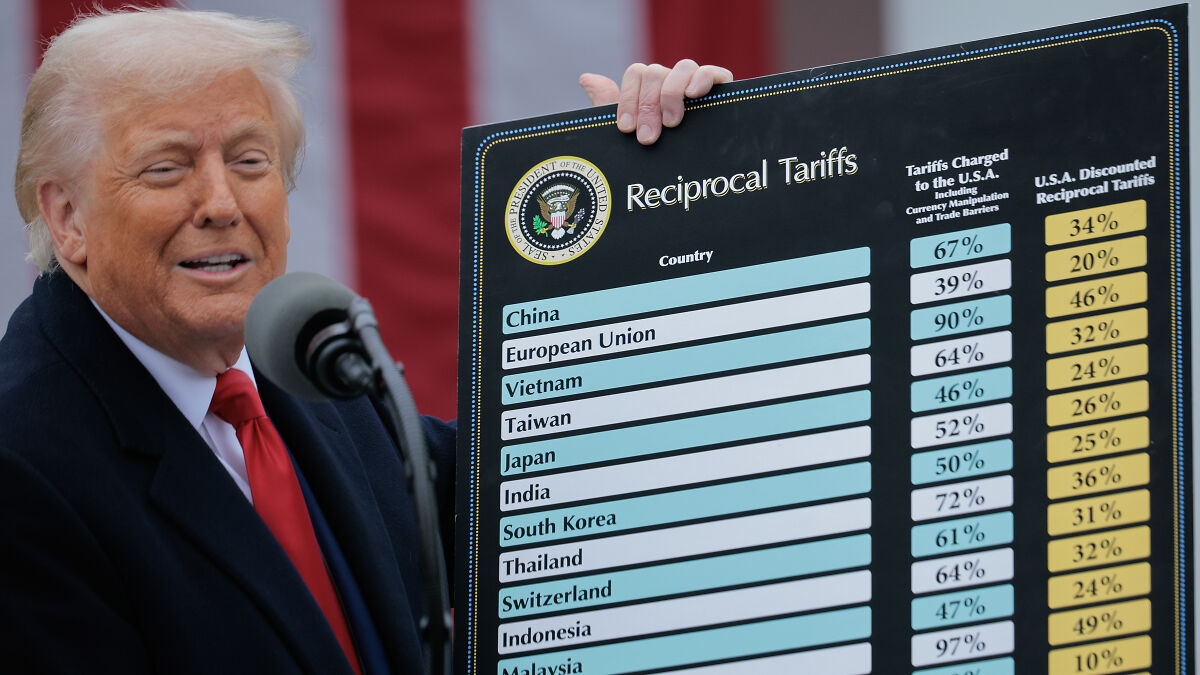
Donald Trump Imposes Steep New Tariffs On Pharmaceutical Imports, Trucks And Furniture
Donald Trump has announced a 100% tariff on branded and patented pharmaceutical products, as well as a slate of other new levies.
The pharmaceutical tariffs will affect all companies that are importing drugs to the U.S. but are not building a manufacturing plant in America.
The new levy will come into force on October 1, as will tariffs on several household items and trucks.
- Donald Trump announced a 100% tariff on branded pharmaceutical imports starting October 1, unless companies are building plants in the U.S.
- New tariffs include 50% on kitchen cabinets and bathroom vanities, 30% on upholstered furniture, and 25% on heavy trucks made abroad.
- The legality of Trump's tariffs faces Supreme Court review after a federal appeals court ruled them largely illegal but allowed them to remain amid court battles.
Donald Trump announced a wave of new tariffs
Image credits: Chip Somodevilla/Getty Images
“Starting October 1st, 2025, we will be imposing a 100% Tariff on any branded or patented Pharmaceutical Product, unless a Company IS BUILDING their Pharmaceutical Manufacturing Plant in America,” Trump posted on Truth Social.
“‘IS BUILDING’ will be defined as, ‘breaking ground’ and/or ‘under construction.’ There will, therefore, be no Tariff on these Pharmaceutical Products if construction has started.”
Trump also announced a 50% tariff on all kitchen cabinets, bathroom vanities, and associated products, as well as a 30% tariff on upholstered furniture.
He claimed the U.S. market is being flooded by products made in other countries, and said a tariff was necessary to protect national security.
Image credits: Donald J Trump
Heavy trucks made outside of the U.S. will also be subjected to a 25% tariff.
“We need our Truckers to be financially healthy and strong, for many reasons, but above all else, for National Security purposes!” Trump said.
While the tariff on medical drugs is extremely high, it is likely that many well-known brands and companies will be exempt because they already have factories in the U.S.
As well as this, a recent trade deal Trump agreed to with the European Union secured guarantees that drug export tariffs would not be higher than 15%.
“This clear all-inclusive 15 percent ceiling for EU exports represents an insurance policy that no higher tariffs will emerge for European economic operators,” Al Jazeera quoted trade spokesman Olof Gill as saying.
Image credits: Eric Thayer/Getty Images
A U.K. government spokesperson said it was engaging with the U.S. over tariffs.
“We know this will be concerning for industry, which is why we’ve been actively engaging with the U.S. and will continue to do so over the coming days,” the spokesperson said, according to the BBC.
The tariff on upholstered furniture could affect popular companies such as Ikea, which told the BBC it could make doing business “more difficult.”
“The tariffs are impacting our business similarly to other companies, and we are closely monitoring the evolving situation.”
The new tariffs come after Trump rolled out broad “reciprocal tariff” measures earlier this year, aimed at reducing trade deficits and pressuring trading partners, while arguing they would strengthen the U.S. economy and workforce.
Trump also imposed a 10% baseline tariff, which applies to most imports from countries that don’t have special deals with the U.S. It acts as a default tax on goods coming into the country, unless a higher tariff is set for a specific nation.
The Supreme Court will decide whether Trump’s tariffs are legal
Image credits: Chip Somodevilla/Getty Images
In August, Trump hiked the tariff on Canadian exports from 25% to 35%, claiming it was necessary to tackle the cross-border flow of fentanyl.
Canada said it only accounts for 1% of U.S. fentanyl imports, and it has been working intensively to further reduce this number.
At the same time, Trump hit Switzerland with a 39% tariff, while Laos and Myanmar faced a 40% rate, and Iraq and Serbia, 35%.
Algeria, Bosnia and Herzegovina, Libya, and South Africa are subject to a 30% tariff.
Last month, a federal appeals court ruled that most of Trump’s tariffs were illegal and an overreach of his use of emergency powers as president.
It allowed the tariffs to remain in place until the Supreme Court hears the case in October.
Poll Question
Thanks! Check out the results:
Google paid $195 a hour on the internet..my close relative has been without labor for nine months and the earlier month her compensation check was $23660 by working at home for 10 hours a day..... Everybody must try this job now by just use this Open This→→ Www.LiveJob1.Com
Load More Replies...Google paid $195 a hour on the internet..my close relative has been without labor for nine months and the earlier month her compensation check was $23660 by working at home for 10 hours a day..... Everybody must try this job now by just use this Open This→→ Www.LiveJob1.Com
Load More Replies...

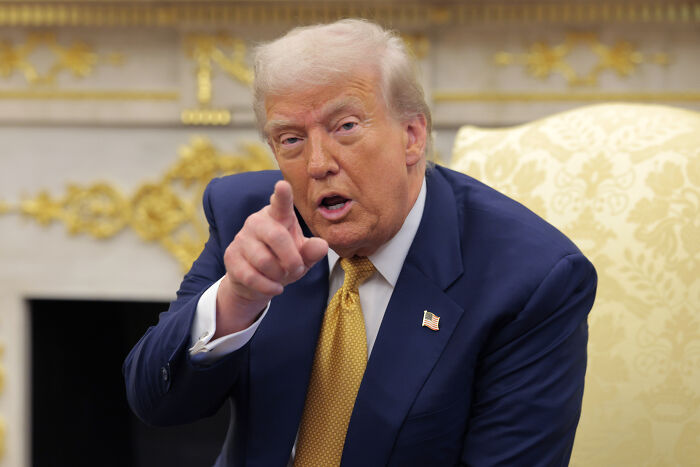
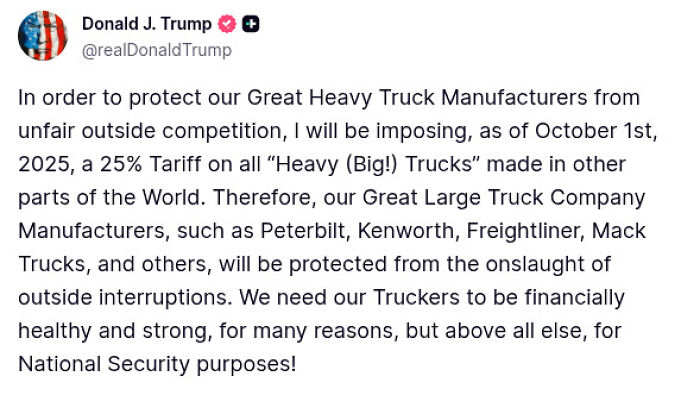
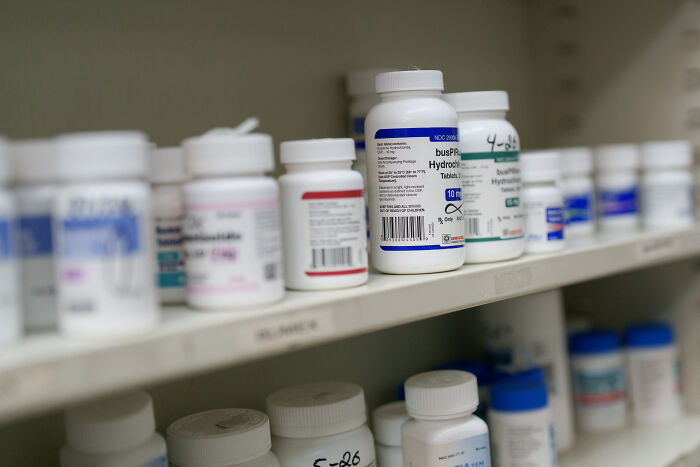
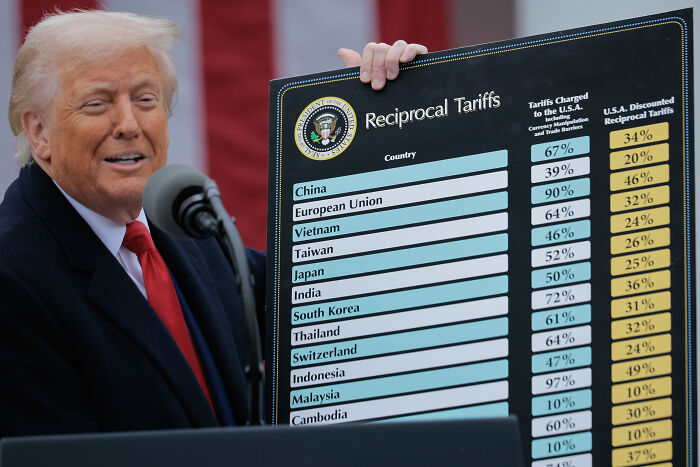



16
2